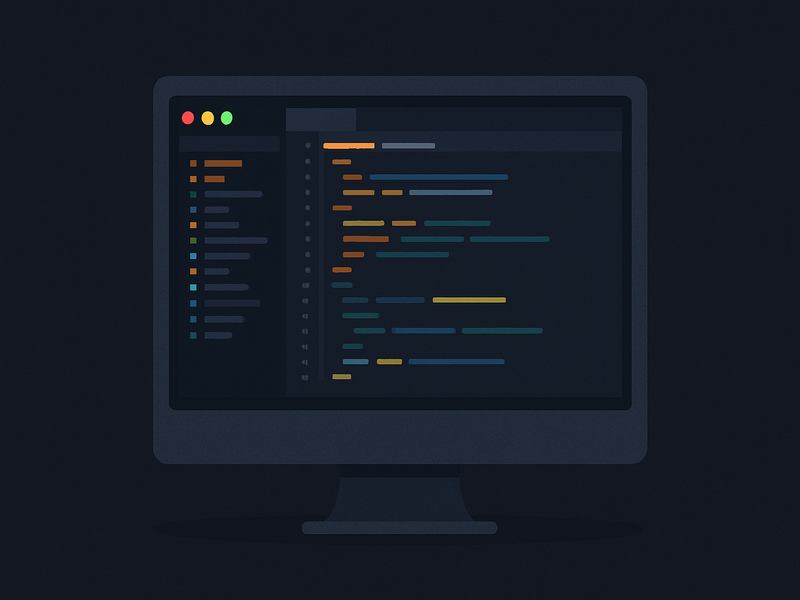Blog: All Posts ✍️
Sharing ideas and code (RSS available)

Moved all my code to CodPen
August 30, 2013 · 1 min read
Once again (and hopefully for the last time) I moved all my code snippets to Codepen. I think it better suits my needs since most of my code examples are front end...

Complete UX tool lists
July 23, 2013 · 1 min read
Lately I have become a heavy reader of various UX related books. Below I summarize lists of useful UX tools for every UX process. Some of them overlap categories (for example the...

Conditional styles for IE10
July 10, 2013 · 1 min read
As you probably know Internet Explorer 10 doesn’t support the good-old IE CSS conditional comments. This means that the below code won’t work in IE10! But don’t worry, you can still apply...

Responsive web design and touch devices
June 19, 2013 · 8 min read
Well you’ve just finished your glorious responsive web design, using all the latest trends and best practices, like mobile first, HTML5 semantics, progressive enhancement and many more. You’ve also tested it to...

jQuery element's tag name
May 22, 2013 · 1 min read
Getting the selected element’s tag name is very easy in jQuery. Just use the below code. Keep in mind that by default the returned tag’s name is capitalized so if you want it...

jPrefetch jQuery plugin
May 14, 2013 · 1 min read
I just released jPrefetch a nice little jQuery plugin that makes HTML5 prefetching a bit easier. You can very easily use it for your current solution (static website or even CMS), just...

Base tag: Learn how to use it
May 8, 2013 · 2 min read
Every now and then a friend/colleague of mine asks me to have a look at his latest masterpiece (aka site). In many cases the second request is to have a look at why...

Autocompletion with HTML5 datalists
April 23, 2013 · 1 min read
We have all used (and most of us built) an autocomplete input element. There are thousands of plugins/widgets out there, although below I’m demonstrating the easiest, most semantic and HTML5 way to...

HTML5 Prefetching
April 16, 2013 · 1 min read
One of the most interesting, but not widely known features of HTML5 is prefetching. By using it you can start loading pages (or even files) before the user requests them. This can...

Not so popular HTML5 attributes
April 8, 2013 · 2 min read
HTML5 offers many new attributes that make our lives easier and our code more semantic. In many cases they even provide functionality that we used to implement with javascript, like the placeholder...